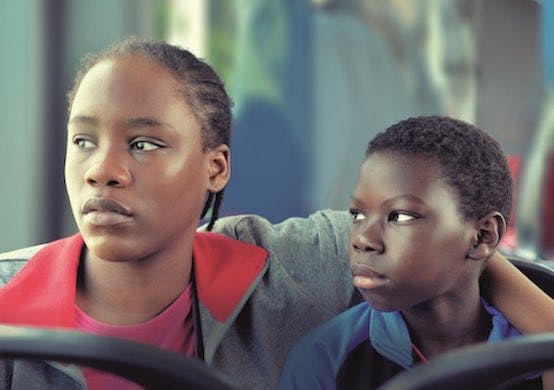
Exclusive: FBI Staffers Fired for Role in Mar-a-Lago Probe Were Assigned to Espionage Unit That Investigated Iranian Threats in America, Sources Say
By DANIEL EDWARD ROSEN
|While ‘Tori and Lokita’ follows their tradition of quietly humane, realistically crafted, briskly plotted films, it is not as ambitious as the brothers’ 2014 drama ‘Two Days, One Night’ or as stirring as 2005’s ‘The Child.’

Already have a subscription? Sign in to continue reading

By DANIEL EDWARD ROSEN
|
By A.R. HOFFMAN
|
$0.01/day for 60 days
Cancel anytime
By continuing you agree to our Privacy Policy and Terms of Service.
By HOLLIE McKAY
|